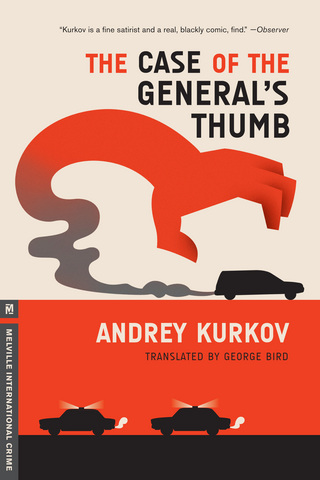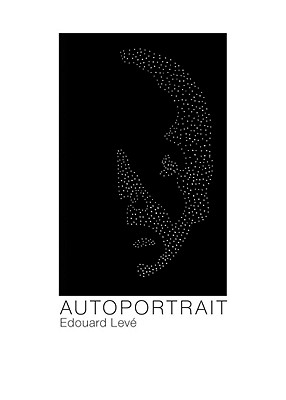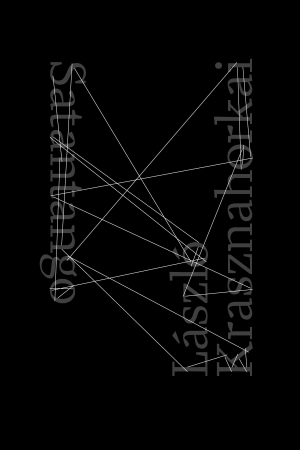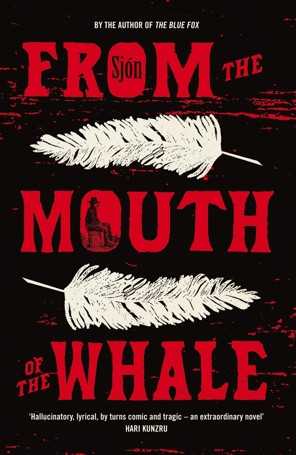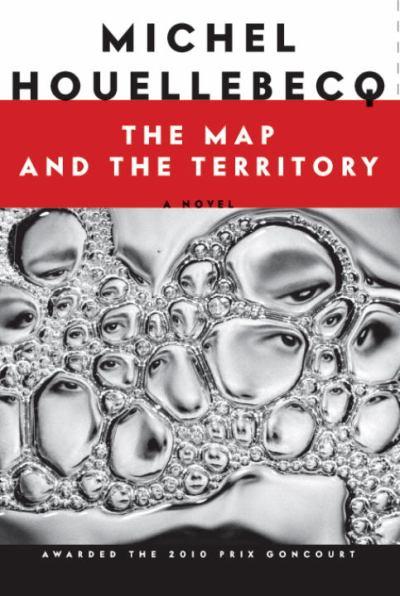Suddenly, a Knock on the Door – Etgar Keret
After all, what is fantasy if not a wish for something new, something else, for some “knock on the door”?
The Femicide Machine – Sergio Gonzáles Rodríguez
That even biology cannot save us now is the gloomy possibility that THE FEMICIDE MACHINE places on the contemporary horizon.
The Case of the General’s Thumb – Andrey Kurkov
This undercurrent of cultural commentary carries GENERAL’S THUMB farther than the story itself.
Looking at a given artist’s self-portraits over time, it’s impossible to focus on the changing image of a self, without wondering about the forces that changed that person. Vincent Van Gogh comes to mind, before and after cutting off his ear. Levè bucks this mentality.
Satantango – László Krasznahorkai
It’s a bestiary of pathetic individuals worthy of Chaucer, Dickens, or some of the more involved Bob Dylan songs.
Portrait of the Mother as a Young Woman – Friedrich Christian Delius
A single piece of punctuation has, it seems, never held such power.
From the Mouth of the Whale – Sjon
Sjon’s Jonas is God’s champion, and his novel shapes its narrative antecedent into an experience that is utterly and beautifully different.
Trouble is, when you start observing, you start seeing all the mistakes. CHILD WONDER is the story of a person teetering on the brink, trying to figure out “how to lose one’s innocence without losing one’s soul.”
The Map and the Territory – Michel Houellbecq
Readers should be grateful, not disquieted, for these provocations.
Proud Beggars – Albert Cossery
Cossery’s universe is governed by a system so stacked against humanity that the only way to find peace is to exist in the margins, outside of social norms and worldly obligations. Proud Beggars is not a glorification of poverty, but a condemnation of society as it exists.




